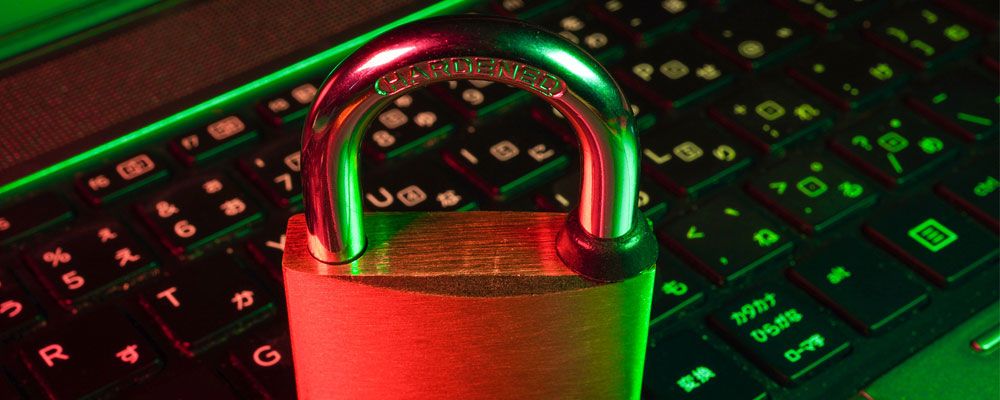
How SSL Certificates Help You Improve the Quality of Your Website
An SSL (Secure Sockets Layer) certificate must be obtained and put on a website to establish a secure connection over the internet.
What is an SSL certificate?
;The SSL certificate enables secure communication between a web browser and a web server (encrypted transmission). The certificate allows for a padlock and the HTTPS protocol to allow a secure connection. It ensures that visitors have a safe experience on the website by providing authentication. It encrypts everything sent and received, ensuring that passwords, addresses, credit card numbers, financial information, and personal information cannot be stolen by anybody other than the intended recipient.
An SSL certificate is required for communication privacy or when a user must confirm identification trust in private conversation via the website. Credit card transaction details, data transfers, and login credentials are all secured using SSL.
SSL Certificates Types
SSL certificates are offered in various formats, depending on who owns the domain and subdomain names. Depending on the level of validation necessary, it can be a single domain, a wildcard domain, or a multi-domain domain. A single SSL certificate protects only one fully qualified domain name or subdomain name, but a multi-domain certificate protects numerous domain names. A wildcard SSL can be used by an individual or company with a single domain name and limitless subdomains. It's important to remember that purchasing several SSL certificates for each service and handling multiple certificates isn't always cost-effective.
How to Determine the Validation Type
Everything is dependent on the domain owner's validation requirements. The user may require validation of the domain (basic encryption and verification of the domain name registration ownership). There is also the validation of the organization. Along with basic encryption and authentication, the owner's details (name, address, and so on) are authenticated. You also get extended validation (EV) SSL, which provides a high level of security and is based on a comprehensive analysis before issuing the certificate. The entity's legal, physical, and operational presence is also validated, in addition to domain name registration and entity authentication.
